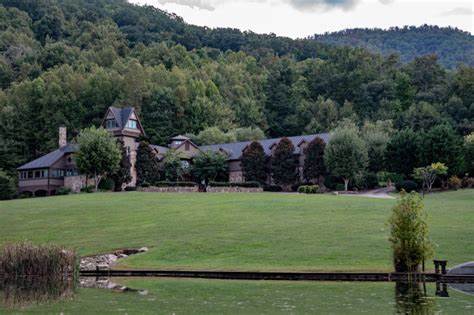
-
Published: 05 April 2023

Luxembourg announced Monday that it will again authorize the marketing of products that include glyphosate in its composition after the local judiciary overturned a decision to ban the herbicide issued in 2020 and made Luxembourg the first country in the European Union to ban this controversial substance.
EDITED BY | SONIA ALBERT
ECONOMIC SECTION
5 APRIL 2023 - Luxembourg
In early February 2020, the authorities withdrew permits to market plant protection products that contain glyphosate, while allowing the sale of stock that was on the market, before completely banning their use on Luxembourg territory as of January 1, 2021. Except This ban was invalidated on Friday by a decision of the Administrative Court in Luxembourg. The judges noted that there was "no indication of any legal argument" for banning the eight products in question, in contravention of the EU legal system that allows for their distribution.
The Luxembourg Ministry of Agriculture commented on Monday that "the abolition of the ban makes it possible to issue marketing authorizations for the relevant plant protection products, from the date of the court's decision."
The German company "Bayer", which appealed to the administrative courts against the ban imposed on its products, stated that "the court confirmed that the withdrawal of marketing licenses violates European law."
"The withdrawal of licenses was not based on any scientific or regulatory element criminalizing the use of glyphosate or products consisting of this substance," a spokesman for the group, which specializes in manufacturing chemical products, told AFP.
In early December, the European Commission decided to extend for one year, that is, until December 15, 2023, the decision to authorize glyphosate marketing in European Union countries, which had previously been renewed for five years in 2017, pending any scientific evaluation issued by the regulatory bodies. European.
The European Food Safety Authority intends to present a study in July 2023 that addresses “the risks arising from exposure of animals, humans and the environment to glyphosate and is considered necessary to take a decision regarding the extension of the marketing authorization of the herbicide for an additional five years.
The government of Luxembourg, a small country of 645,000 people located between Germany, Belgium, and France, banned the marketing of glyphosate as a result of a political agreement reached by the ruling coalition in 2018, the first of its kind in an EU member state.
And at the beginning of 2020, the Luxembourg government confirmed that about 60% of agricultural projects in the country refrained from using glyphosate before the ban was imposed.
{source}<script async src="https://pagead2.googlesyndication.com/pagead/js/adsbygoogle.js?client=ca-pub-4474625449481215"
crossorigin="anonymous"></script>
<!-- moss test ad -->
<ins class="adsbygoogle"
style="display:block"
data-ad-client="ca-pub-4474625449481215"
data-ad-slot="6499882985"
data-ad-format="auto"
data-full-width-responsive="true"></ins>
<script>
(adsbygoogle = window.adsbygoogle || []).push({});
</script>{/source}
